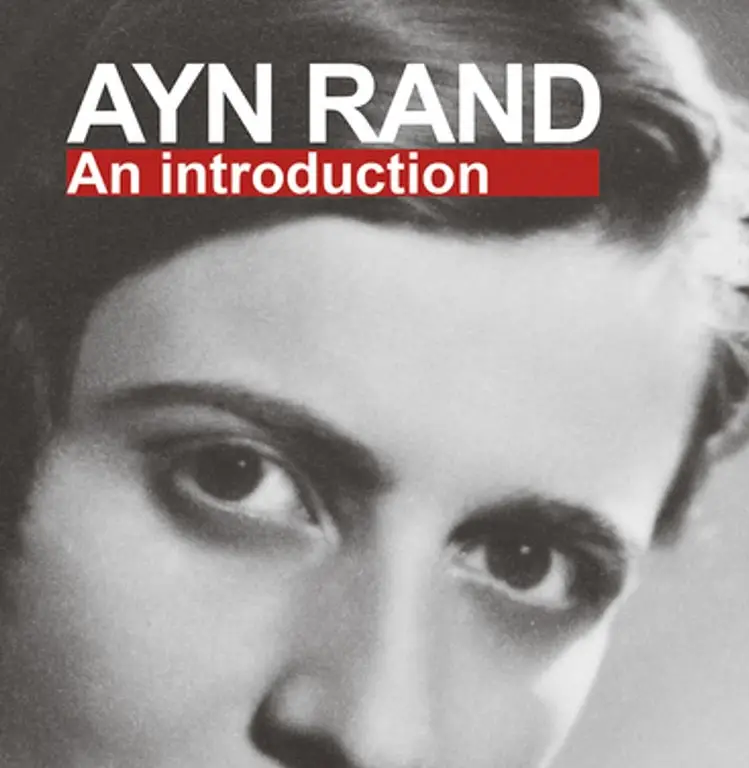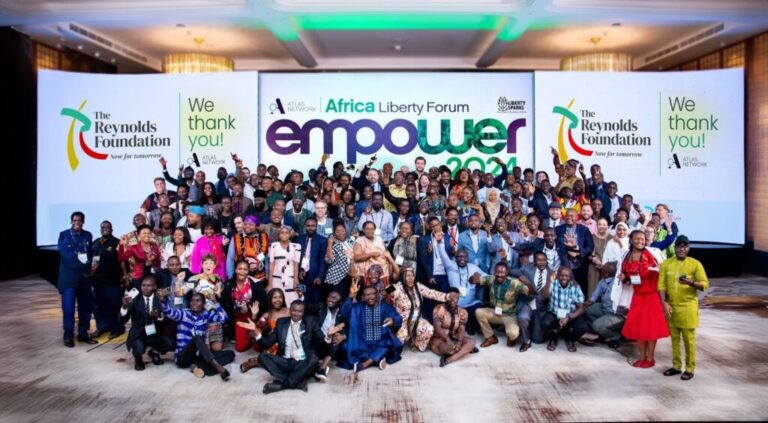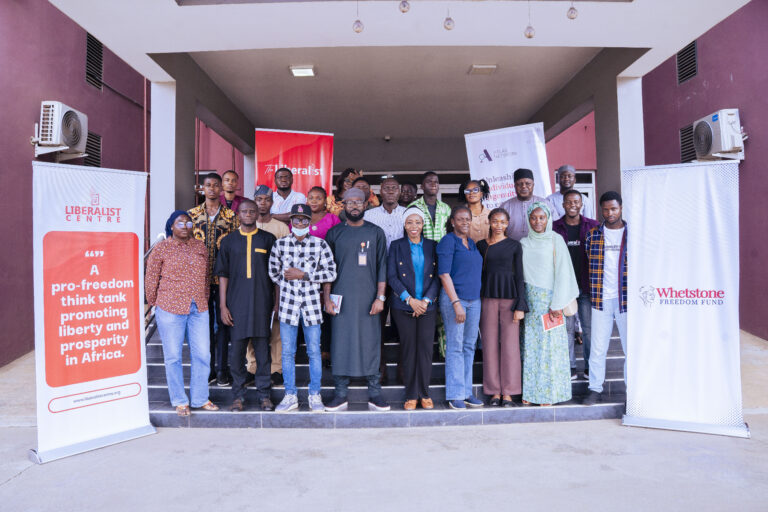Reading Eamonn Butler’s “Ayn Rand: An Introduction” feels like being confronted by a thinker who would rather stand alone than dilute her convictions for applause, politics, or convenience. Whether one agrees with her or not, Rand’s story reminds us that standing for principle is never without cost but compromise, often, is far costlier.
Rand’s philosophy of Objectivism rested on a simple but demanding premise: to live by reason and to hold one’s beliefs with consistency. To her, bending “just a little” often led to losing everything that mattered. The book introduces her not as an untouchable saint or a flawless genius, but as a determined thinker who built her life around the convictions she believed were right.
This lesson feels uncomfortably close to home for Nigeria today. Our nation is in a season where principles seem negotiable and traded for quick gains, political advantage, or temporary peace.
Leaders campaign on lofty promises only to discard them in office. Citizens condemn corruption loudly, yet rationalise it when the gains are personal. Even in our everyday lives, many of us have mastered the art of adjusting our “truths” to fit our convenience.
Butler’s introduction to Rand challenges this cycle. You don’t have to agree with all her ideas to see the value in holding on to a standard one that guides your choices, even when it’s not popular, profitable, or easy. For Rand, this standard was her philosophy of Objectivism. For us as Nigerians, it could be something more basic but deeply needed: honesty, justice, or the belief that public service means serving the public.
The test of principle, Butler reminds us, does not come in times of comfort but in moments of fire. Nigeria is in that fire now: an economy under strain, institutions losing trust, and insecurity pressing at the margins of everyday life. In such times, it is tempting to lower the bar to say, “This is Nigeria; nothing works here.” But to accept that is to give up the chance of building something better.
Rand’s life offers no blueprint for Nigeria, but it offers a challenge. If a woman born into the collapse of the Russian empire could endure exile, start again in a foreign land, and hold firmly to her convictions, then what excuse do we have? The lesson is not to replicate her philosophy but to emulate her courage and adopt her stubborn commitment to living by what you know is right.
In the end, the book is less about persuading you to agree with Rand than about compelling you to ask yourself difficult questions: What do you stand for? And when Nigeria tests you, as it surely will, will you still stand for it tomorrow?
An article written by Amarachi Deborah Ugwu, 2025 fellow of the Liberalist Centre’s Journalism for Liberty Fellowship.












